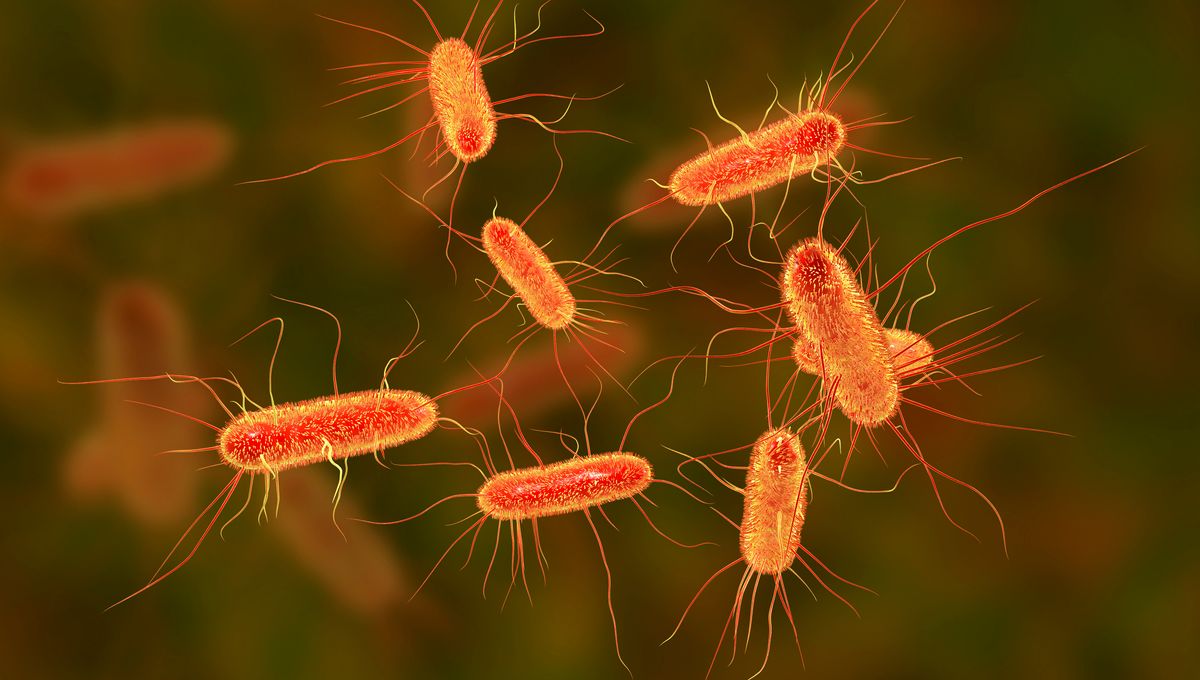
Bacteria, despite lacking neurons, synapses, and a nervous system, are capable of forming something akin to memories, new research has discovered. What’s more, they can pass these “recollections” to their progeny for at least four generations.
Now, we don’t mean that bacteria are prone to taking a trip down memory lane, reminiscing about the time they mined rare Earth elements better than we did, or getting all nostalgic about being let loose on tiny drums – but they are able to form a sort of memory based on levels of available cellular iron.
“Bacteria don’t have brains, but they can gather information from their environment, and if they have encountered that environment frequently, they can store that information and quickly access it later for their benefit,” lead study author Souvik Bhattacharyya said in a statement.
To investigate, Bhattacharyya and colleagues studied the model organism Escherichia coli, finding that they utilize iron levels to “remember” certain behaviors, which can then be activated in response to the same stimuli.
Bacteria have varying levels of iron, which is very important for their cellular metabolism. Those with lower levels of the element, the researchers found, were more accomplished swarmers – this means they were better at coming together on a single surface and moving as one mass. Those with more iron in their cells, meanwhile, tended to stay put, forming biofilms.
It seems that, once exposed to an initial swarming event, the bacteria exposed to low levels of cellular iron were able to swarm even better than before, as if they had remembered how.
“We show […] that a prior experience of swarming is remembered when Escherichia coli encounters a new surface, improving its future swarming efficiency,” the study authors write.
These iron-based memories persisted for four generations, but were naturally lost by the seventh. However, artificially manipulating iron levels allowed them to persist much longer, the researchers found.
They speculate that these microbial memories may have evolved so that when iron levels are low, swarming behavior is triggered, allowing the bacteria to search for iron in their environment. On the other hand, when iron levels are high, they can put their non-existent feet up and stay in one place.
“An iron-based memory might offer the advantage of providing a hub connecting various stress responses such as antibiotic survival and biofilms,” the researchers explain. As such, they represent a new avenue worth exploring in our attempts to fight bacterial infections and antibiotic resistance.
“Iron levels are definitely a target for therapeutics because iron is an important factor in virulence,” Bhattacharyya said.
“Ultimately, the more we know about bacterial behavior, the easier it is combat them.”
The study is published in the Proceedings of the National Academy of Sciences.
Source Link: Bacteria Have “Memories” They Can Pass On To Future Generations